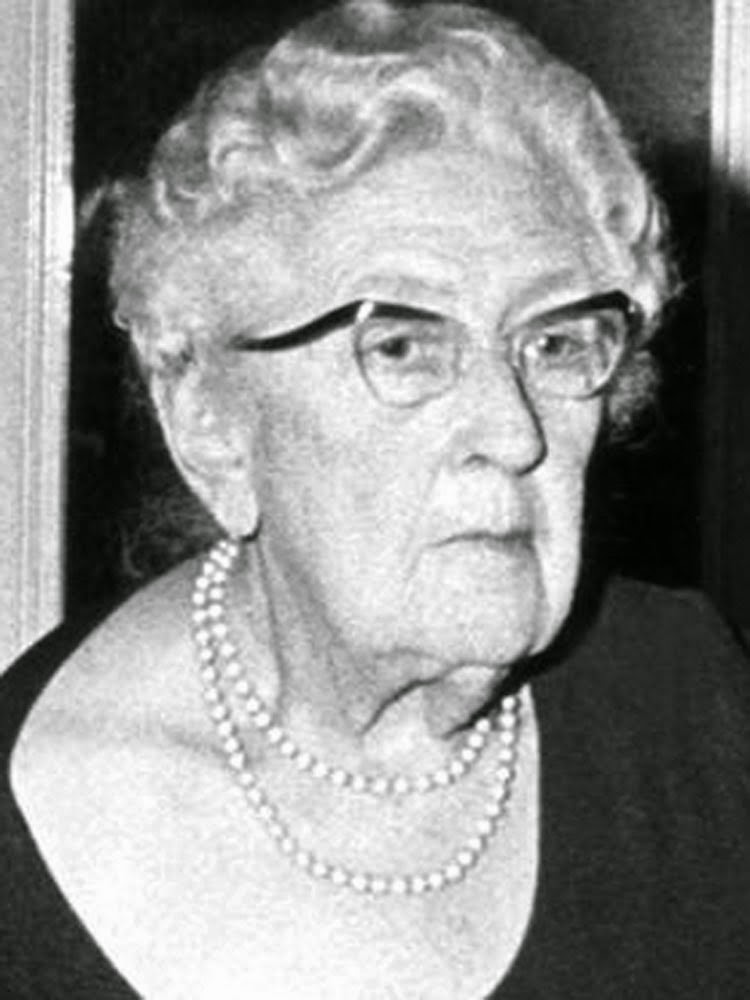"Good-bye, darling."
"Good-bye, sweetheart."
Alix Martin stood leaning over the small rustic gate, watching the retreating figure of her husband, as he walked down the road in the direction of the village.
Presently he turned a bend and was lost to sight, but Alix still stayed in the same position, absent-mindedly smoothing a lock of the rich brown hair which had blown across her face, her eyes far-away and dreamy.
Alix Martin was not beautiful, nor even, strictly speaking, pretty. But her face, the face of a woman no longer in her first youth, was irradiated and softened until her former colleagues of the old office days would hardly have recognized her. Miss Alix King had been a trim business-like young woman, efficient, slightly brusque in manner, obviously capable and matter-of-fact.
Alix had graduated in a hard school. For fifteen years, from the age of eighteen until she was thirty-three, she had kept herself (and for seven years of the time, an invalid mother) by her work as a shorthand-typist. It was the struggle for existence which had hardened the soft lines of her girlish face.
True, there had been romance - of a kind - Dick Windyford, a fellow-clerk. Very much of a woman at heart, Alix had always known without seeming to know that he cared. Outwardly they had been friends, nothing more. Out of his slender salary, Dick had been hard put to it to provide for the schooling of a younger brother. For the moment, he could not think of marriage.
And then suddenly deliverance from daily toil had come to the girl in the most unexpected manner. A distant cousin had died leaving her money to Alix - a few thousand pounds, enough to bring in a couple of hundred a year. To Alix, it was freedom, life, independence. Now she and Dick need wait no longer.
Nevertheless, when Alix envisaged the future, it was with the half acknowledged certainty that she would one day be Dick's wife. They cared for one another, so she would have put it, but they were both sensible people. Plenty of time, no need to do anything rash. So the years had gone on.
But Dick reacted unexpectedly. He had never directly spoken of his love to Alix, now he seemed less inclined to do so than ever. He avoided her, became morose and gloomy. Alix was quick to realize the truth.
She had become a woman of means. Delicacy and pride stood in the way of Dick's asking her to be his wife. She liked him none the worse for it and was indeed deliberating as to whether herself might not take the first step when for the second time the unexpected descended upon her.
She met Gerald Martin at a friend's house. He fell violently in love with her and within a week they were engaged. Alix, who had always considered herself "not the falling-in-love kind," was swept clean off her feet.
Unwittingly she had found the way to arouse her former lover. Dick Windyford had come to her stammering with rage and anger.
"The man's a perfect stranger to you! You know nothing about him!"














